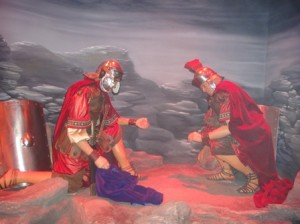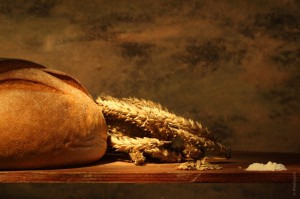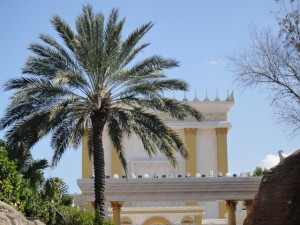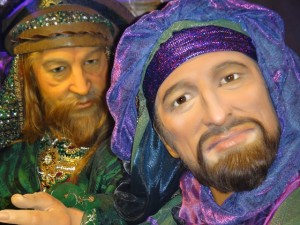Yesterday I started going through some of Jesus’ teachings during the week before His crucifixion and resurrection. He had so much to say to the crowds…and to us as well. Jesus shared six parables during that week and today, we’ll be looking at them.
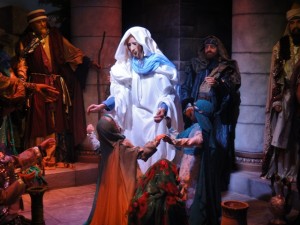 The Parable of the Two Sons (Matthew 21:28-32)
The Parable of the Two Sons (Matthew 21:28-32)
Two sons…each asked to work in the field. One said no, and then later changed his mind. One said yes, but didn’t go to the field to work at all.
This parable was spoken for the Jewish leaders. They had rejected Jesus and His message. But those considered sinful and unworthy by the religious leaders had a better chance of entering the Kingdom. It was an attitude thing.
The Parable of the Tenants (Matthew 21:33-46; Mark 12:1-12; Luke 20:9-19)
A vineyard was rented out to tenants. When the time came to collect the fruit, three servants were sent to collect and they were beaten, killed and stoned. Other servants were sent and treated in this same manner. Finally, the son of the landowner was sent. He was killed for his inheritance.
The servants in this parable represent Old Testament prophets and the son represents Jesus. Jesus was showing that the Jewish nation had rejected God’s Son and that the Gospel would be shared with Gentiles.
The Parable of the Wedding Banquet (Matthew 22:1-14)
A wedding feast is prepared. The guests are invited. But no one shows. Again the invitation is sent. But instead of simply not attending, some of the servants are mistreated and killed. Enraged, the king sent his army, destroyed the murderers and burned their city.
The servants were once again sent out to extend the invitation, but this time to those who were on the streets…anyone the servants found. The wedding hall was filled with guests.
This parable again taught that the Jewish nation would not be the only people to share in the Kingdom of God. It would be open for any who might accept the Gospel and Jesus. Those who do accept this gift must mature spiritually. Through our maturity may we show that we are God’s people.
The Parable of the Ten Virgins (Matthew 25:1-13)
Ten virgins with lamps and oil. Five had enough oil. Five were unprepared. When asked if the oil could be shared, they were told “no, go buy your own.” The Bridegroom arrives and escorts the five with oil into the wedding banquet. The other five were left outside, unknown by the Bridegroom.
This parable means one thing. That we must keep our minds on Jesus and must be ready when He comes. If you are not prepared or ready, you will not enter into the wedding feast.
The Parable of the Talents (Matthew 25:14-30)
One master, three servants, nine talents. One servant given five talents, one given two, and one given one. The master goes away and after a long time, he returns to settle accounts with the servants.
The servant with five talents gained five more. The master was pleased and said, “Well done, good and faithful servant! You have been faithful with a few things; I will put you in charge of many things. Come and share your master’s happiness!”
The servant with two talents gained two more. The master repeats his message to the second servant.
The servant with one talent feared the master and buried the talent in the ground to keep it safe. The master was angered. He called the servant “wicked and lazy.” The servant was thrown outside into the darkness and the talent was given to the first servant.
As we are awaiting the return of Christ, we must not play it safe. We must be serving and diligent in all areas of our Christian walk. We can also see that we are to be faithful and good stewards of what is provided to us.
The Parable of the Sheep and Goats (Matthew 25:31-46)
“When the Son of Man comes in his glory, and all the angels with him, he will sit on his throne in heavenly glory. All the nations will be gathered before him, and he will separate the people one from another…” The sheep to His right and the goats to His left.
To the sheep He says, “Come, you who are blessed by my Father; take your inheritance, the kingdom prepared for you since the creation of the world.”
And the reason? They had fed Jesus when He was hungry; quenched His thirst when He was thirsty; invited Him in as a stranger; clothed Him when He was naked; took care of Him when He was sick; and visited Him in prison.
The sheep asked when they had done this and Jesus replied that when they gave to anyone in need they had indeed given to Jesus. The sheep were given eternal life.
He then turned to the goats and said, “Depart from me, you who are cursed, into the eternal fire prepared for the devil and his angels.”
Why? They hadn’t given to Jesus as the sheep had and since they hadn’t given to anyone, they were sent to eternal punishment.
Oh, how Jesus wanted them (and us) to understand that showing love to others in need is so important in the Kingdom. We must not sit by and watch as our fellow Christians suffer. If we can lend aid, we should do so.
Now this doesn’t mean that we can “earn” our way into heaven. No, we must give and serve without expectation of any reward.
I mentioned yesterday that Jesus was busy. He certainly was. Busy doing Kingdom work. God’s work. I pray that these parables will offer something for you today. These words spoken nearly 2,000 years ago can have such impact on our lives. Let’s listen intently to all that Jesus has to say to us.
Grace and peace be yours in abundance,
Donna
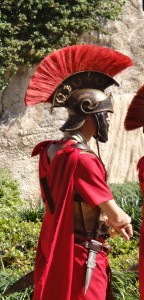 The characters: Criminals, Roman soldiers, scoffers, mourners, Satan, Jesus.
The characters: Criminals, Roman soldiers, scoffers, mourners, Satan, Jesus.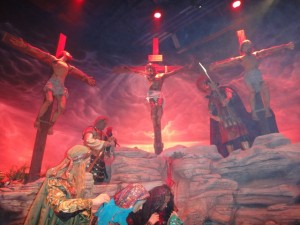 If you’d like to read the whole account of Jesus’ crucifixion, death, and burial, you can find it in the following passages.
If you’d like to read the whole account of Jesus’ crucifixion, death, and burial, you can find it in the following passages.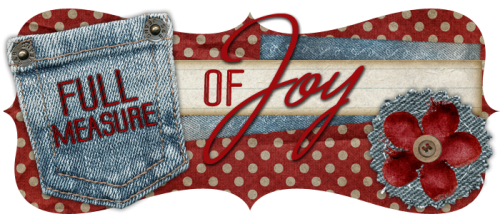
 March 29th, 2013
March 29th, 2013  dsisler
dsisler 